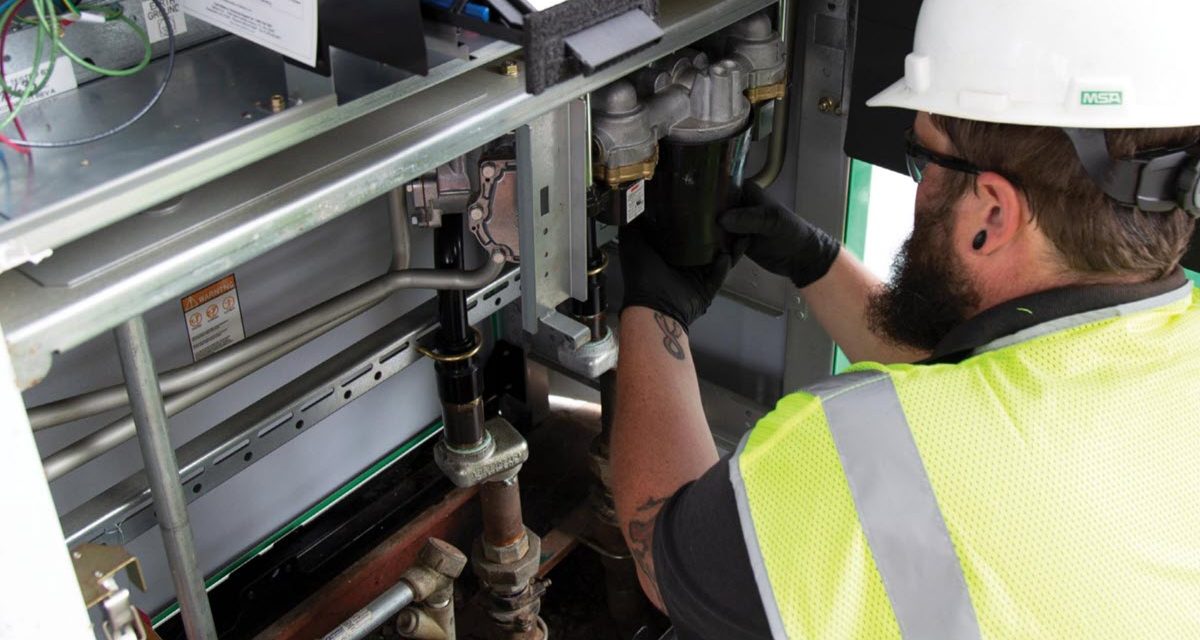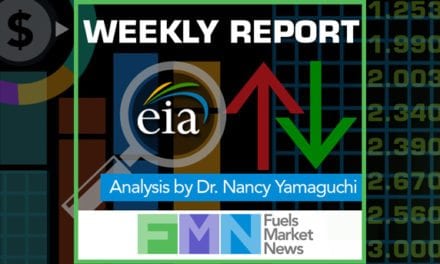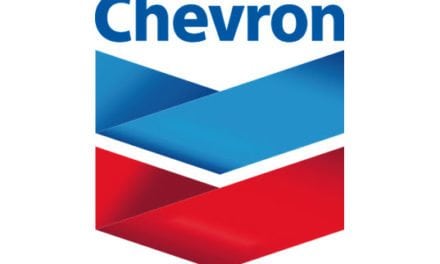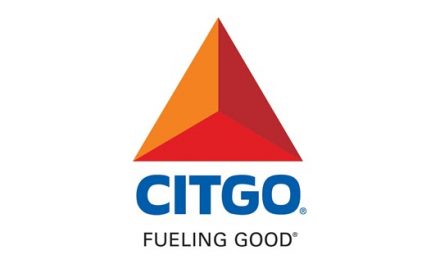Supply chain issues show the benefits of versatile filters.
By Bob Ingham
The year 2022 was full of surprises and, for the fueling industry, not least among those was how supply chain issues would transform what previously seemed like an everyday replacement part into a highly coveted piece of equipment. There were several times when fuel dispenser filters were hard to come by, with demand outpacing the supply that was readily available. Fuel-site operators took dispensers out of service. Regulators temporarily excused overdue filter changes. Fueling customers were greeted by out-of-order pumps.
Fuel dispensers require more maintenance than most other equipment on the premises. The supply chain challenges illuminated the benefit of stocking versatile filters that support numerous dispenser filtration applications.
Here are some important reasons to stock an inventory of fuel dispenser filters with wide-ranging capabilities.
- Fuel dispenser filtration is not a value-add; it’s a necessity.
Many states have minimum requirements for fuel dispenser filtration and fuel quality. Nevertheless, all too often, fuel-site operators underestimate the role of fuel dispenser filters in a fueling system. This is not particularly wise because fuel dispenser filters perform an important job.
Contaminants can be introduced to fuel at any point during the supply and distribution process. By the time a consumer pumps fuel from the dispenser, it may have been contaminated three or four separate times. Fuel dispenser filters are the last chance to capture harmful particles and prevent them from being pumped into a vehicle and damaging it.
- Fuel dispenser filters are not simple pieces of equipment.
Fuel dispenser filters may look simple, but they are actually highly engineered components that must reliably provide filtration and contaminant-sensing capabilities for today’s fueling systems.
For example, water-sensing and phase-separation-detecting filters contain special materials that cause a chemical reaction inside the filters in the presence of certain contaminants. This reaction triggers the filter to swell to help prevent passing the contaminated fuel into the vehicle. The slow flow is also a signal to fuel-site operators that a serious problem in the tank needs to be addressed.
Although not regulated by the U.S. Environmental Protection Agency, fuel dispenser filters still need to be constructed in a leak-proof manner. Cover backplate assemblies should be formed of thick steel for strength and roll-seamed to the shell to prevent leaks. Additionally, the filter materials—including gaskets—need to be compatible with the fuel passing through the filter and be able to withstand the dispenser’s flow rate.
Fuel dispenser filters that are UL-recognized must meet UL’s standards of component service. PetroClear filters, for example, are recognized as safe to use with E0 to E85 (neat gasoline to ethanol blends containing up to 85% ethanol) and for B0 to B100 (standard petroleum-based diesel to pure biodiesel).
- Fuel dispenser filters DO impact customer loyalty.
While advancements in dispenser engineering and monitoring capabilities promise to help make dispenser maintenance more predictive, it is impossible to avoid dispenser downtime altogether. But it is important for fuel retailers to minimize downtime to provide customers a positive experience at the pump. Fuel dispenser filtration plays a large role in that.
Downtime is exacerbated when filter supplies are in high demand or supply chain issues create delays. A limited pool of service technicians can further extend downtime. A dispenser awaiting replacement filters that would have normally been offline for just a few days could be out of service indefinitely. That pump isn’t generating revenue, nor is it enticing customers to go inside and purchase higher-margin items. Having a surplus supply of filters in inventory can minimize such headaches.
- The choices fuel-site operators make when selecting fuel dispenser filters can help optimize dispenser maintenance.
On top of needing safe and reliable equipment, fuel sites are usually combatting multiple fuel quality issues at any given location, on any given day.
Certain fuels are more susceptible to certain types of fuel quality problems than other fuels (for example, ethanol blends commonly experience phase separation). And conditions inside an underground storage tank can vary from one tank to another (water ingress may be a problem in one tank but be in an acceptable range in another). As a result, having filters on hand that cover the gamut of capabilities to address the scope of possible fuel quality problems is important for keeping the forecourt running smoothly.
To deliver expanded capabilities and provide flexibility with future dispenser maintenance, the filters should be able to:
- Capture particulate
- Detect dangerous levels of water and help prevent the water from being dispensed into vehicles
- Detect phase separation and help prevent ethanol blends that have separated into distinct layers from being dispensed into vehicles
The size of the filter also makes a difference. Standard fuel dispenser filters measure around 5 inches tall. “Extended life” filters range from around 7 inches tall to 10.5 inches tall, with the latter providing twice the filtration media, which allows the filter to capture more contaminants than a smaller filter before requiring a filter change. The 10.5-inch-tall filters have the potential to decrease filter maintenance by nearly 50% in a properly maintained fueling system that experiences relatively consistent throughput.
Value is perceived differently by everyone, including fuel-site operators and their customers. But with most customer experiences starting at the pump, and so much riding on the dispenser to drive sales inside the convenience store, doing whatever is necessary to keep pumps running seems to make sense. Investing in fuel dispenser filters with a wide range of capabilities may be the answer.
 Bob Ingham is the business development manager for PetroClear, a manufacturer of fuel-dispensing filters. He has more than 25 years of experience in filtration and automotive component development. Contact him at [email protected].
Bob Ingham is the business development manager for PetroClear, a manufacturer of fuel-dispensing filters. He has more than 25 years of experience in filtration and automotive component development. Contact him at [email protected].









